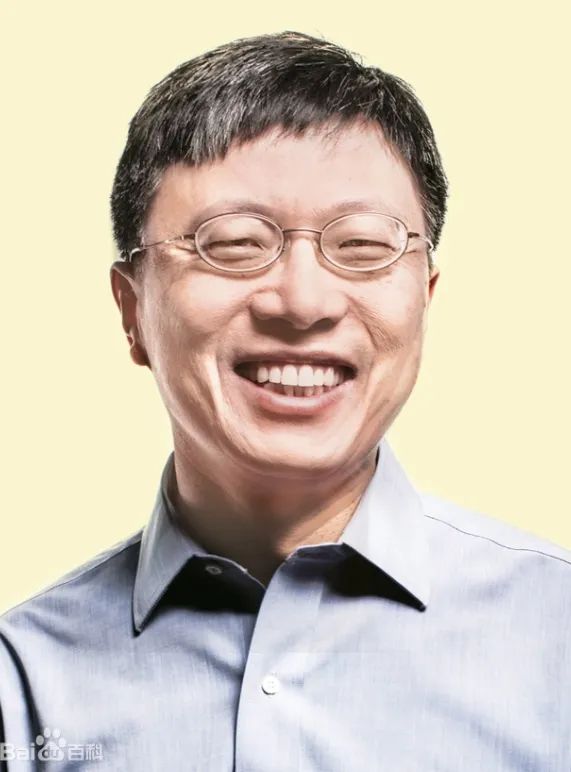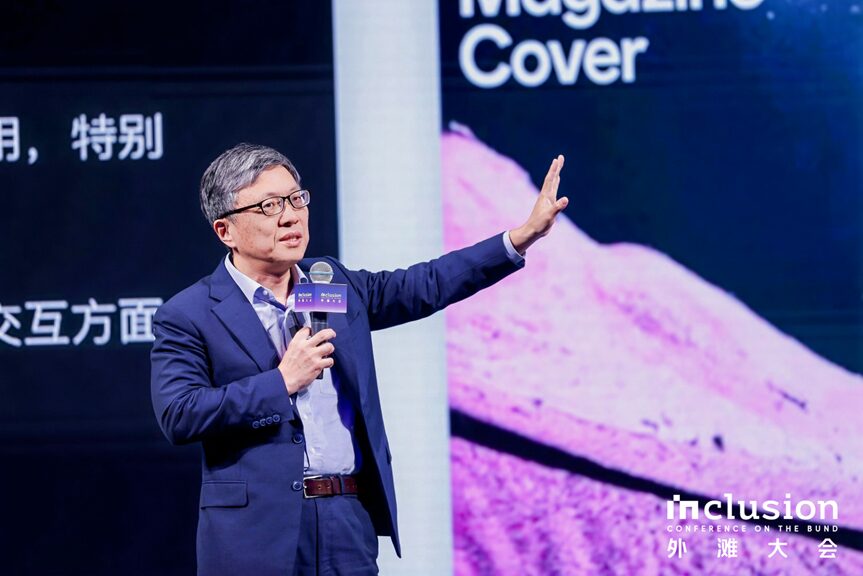Click the blue text
Follow us
Shen Xiangyang
Chairman of the Board of Hong Kong University of Science and Technology, Foreign Member of the National Academy of Engineering, USA


Thought 1: Computing Power is a Barrier
About Us
Institute for AI International Governance, Tsinghua University (THU I-AIIG) was established in April 2020 as a research institution at Tsinghua University. Relying on Tsinghua University’s existing accumulation and interdisciplinary advantages in artificial intelligence and international governance, the institute conducts research on major theoretical issues and policy needs in AI international governance, aiming to enhance Tsinghua’s global academic influence and policy leadership in this field, providing intellectual support for China’s active participation in international AI governance.
Sina Weibo: @Tsinghua University Institute for AI International Governance
WeChat Video Account: THU-AIIG
Bilibili: Tsinghua University AIIG
Source | This article is reprinted from Trusted AI, click “Read the original text” for more content.